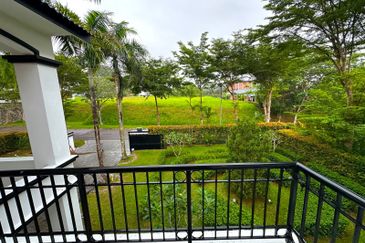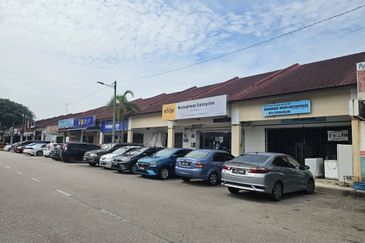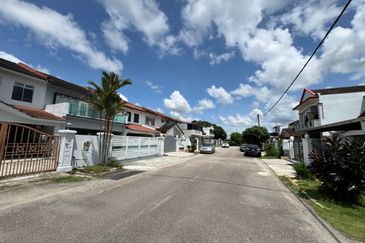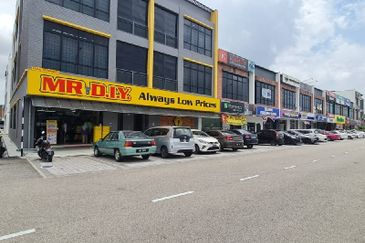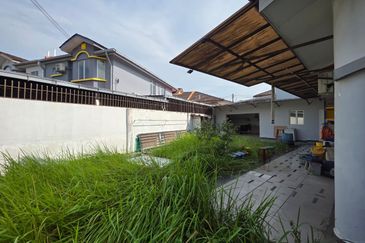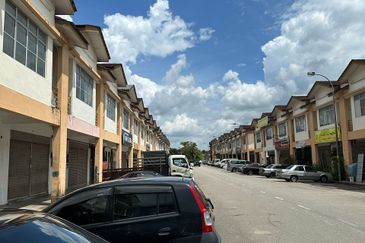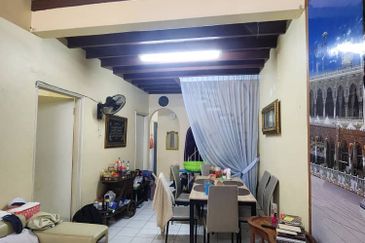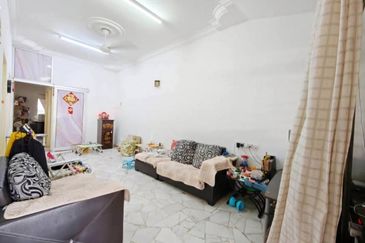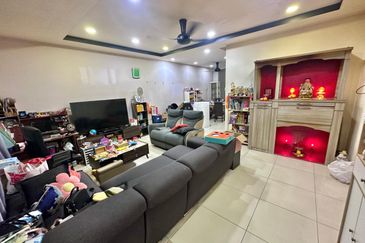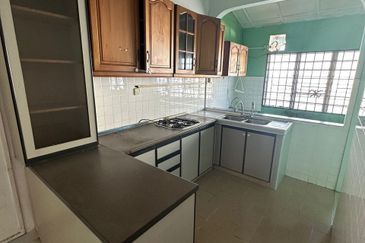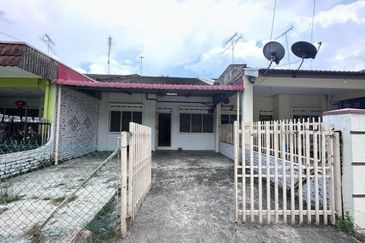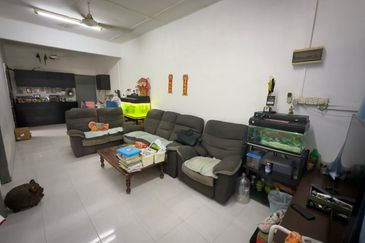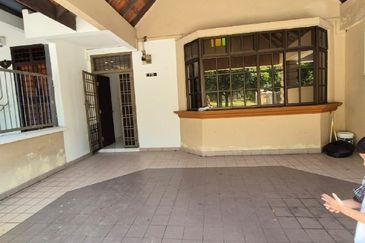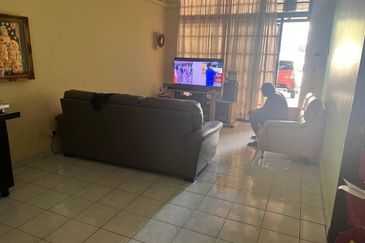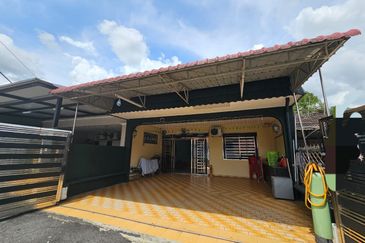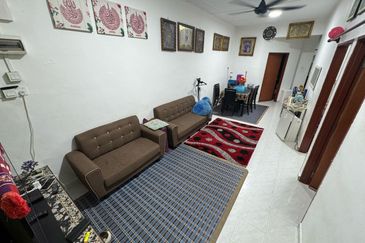PETALING JAYA (March 22): A mixed-use, high-rise development including two 80-storey serviced apartment towers will be built on a 7.4-acre site where the Serani Row houses once stood at Jalan Raja Chulan, Kuala Lumpur.
The hulking development will feature two 80-storey towers (936 units), two 66-storey towers (1,548 units), two 60-storey towers (1,404 units) and a 13-storey podium comprising three floors of retail lots and 10 floors of car parking bays, according to Dewan Bandaraya Kuala Lumpur (DBKL).
Notably, the land is close to the Bukit Nanas heritage zone and forest reserve, raising concerns from the National Heritage Department (JWN), DBKLTown Planning Department senior deputy director Nik Mastura Diyana Nik Mohamad told The Star.
“JWN is concerned about Bukit Nanas, which is a heritage zone and gazetted forest reserve; also the derelict Serani Row — though it is not a gazetted heritage building, it nonetheless has some historical value,’’ she said.
Besides JWN, DBKL is also engaging several other agencies such as the National Security Council (JKN) and the Public Works Institute (Ikram), which have expressed their apprehension about the site’s proximity to a slope.
She noted that DBKL has received an application for planning permission by its developer Malola Garden City Sdn Bhd, but no development order has been issued yet.
“The developer is asking for a plot ratio of 1:10, but we are trying to keep it at 1:7,” she said.
The application for planning permission comes amid an oversupply in high-rise residences, especially within the city, that has prompted Putrajaya to implement a temporary freeze on approvals of such projects until the situation is resolved.
However, Kuala Lumpur mayor Tan Sri Mohd Amin Nordin Abd Aziz said the curbs on four types of developments — which also include offices, shopping malls and homes above RM1 million — will not be implemented in the city yet, given that it is not viable, especially within the Golden Triangle area.
Nik Mastura pointed out that the population base of Kuala Lumpur was projected to increase to 2.2 million people by 2020 from the current 1.4 million.
“Within the context of an already well-developed city, we need new strategies to optimise limited land resources,’’ she told The Star.
“While we have exceeded the commercial floor space that was projected in the Kuala Lumpur Structure Plan 2020, which was at 41,275,600 in 2004, in the draft Kuala Lumpur City Plan, we targeted a new figure for floor space, which is 65,800,206,” she said.
“On the surface, it would seem that we are approving a lot of projects, but on the ground, many projects that received the development order have yet to start work.
“In fact, the construction progress on the ground is only between 5% and 8%,” she said.
This was because many projects in the city are either abandoned mid-way through construction when their developers have run out of funds, or not built yet even after their developers have obtained the development order as they wait for the economy to improve before embarking on the project.
“Some even apply for the development order when they do not even have the funds to pay the development charges,” she said.
Malola Garden City is believed to be linked to Shenzhen-based property developer China Vanke Co Ltd, which was understood to have paid RM500 million or RM1,600 psf for the land, reported The Edge weekly last September.
A portion of the original Serani Row homes remain and have been restored to an elegant line of shops named Old Malaya, which house some of the finest dining options in the city. (Read about Old Malaya here)
TOP PICKS BY EDGEPROP
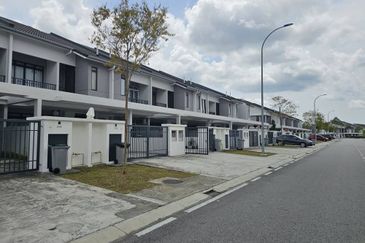
Aspira ParkHomes @ Gelang Patah
Gelang Patah, Johor
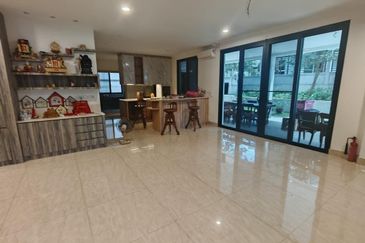
The Hills, Horizon Hills
Iskandar Puteri (Nusajaya), Johor
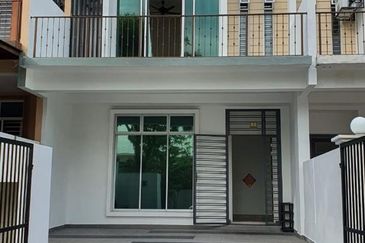
Austin Residence @Taman Mount Austin
Johor Bahru, Johor


